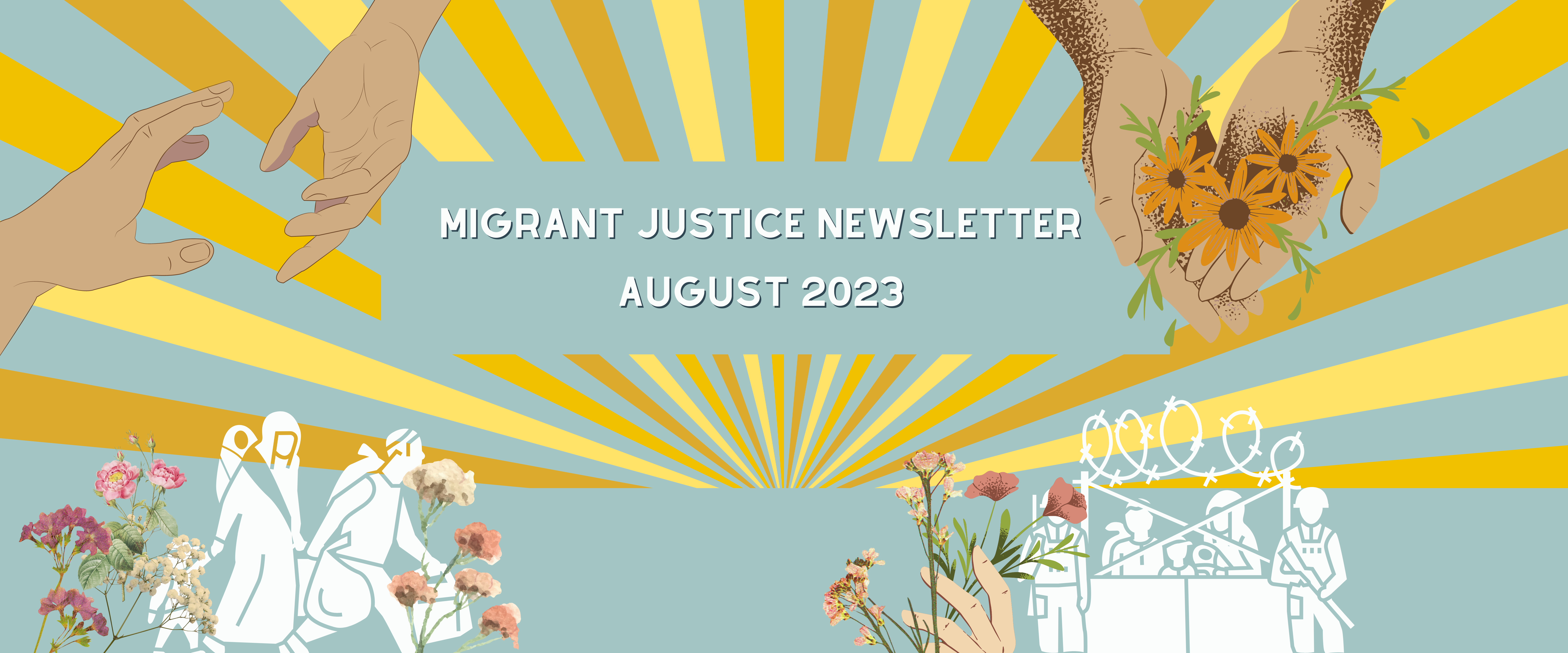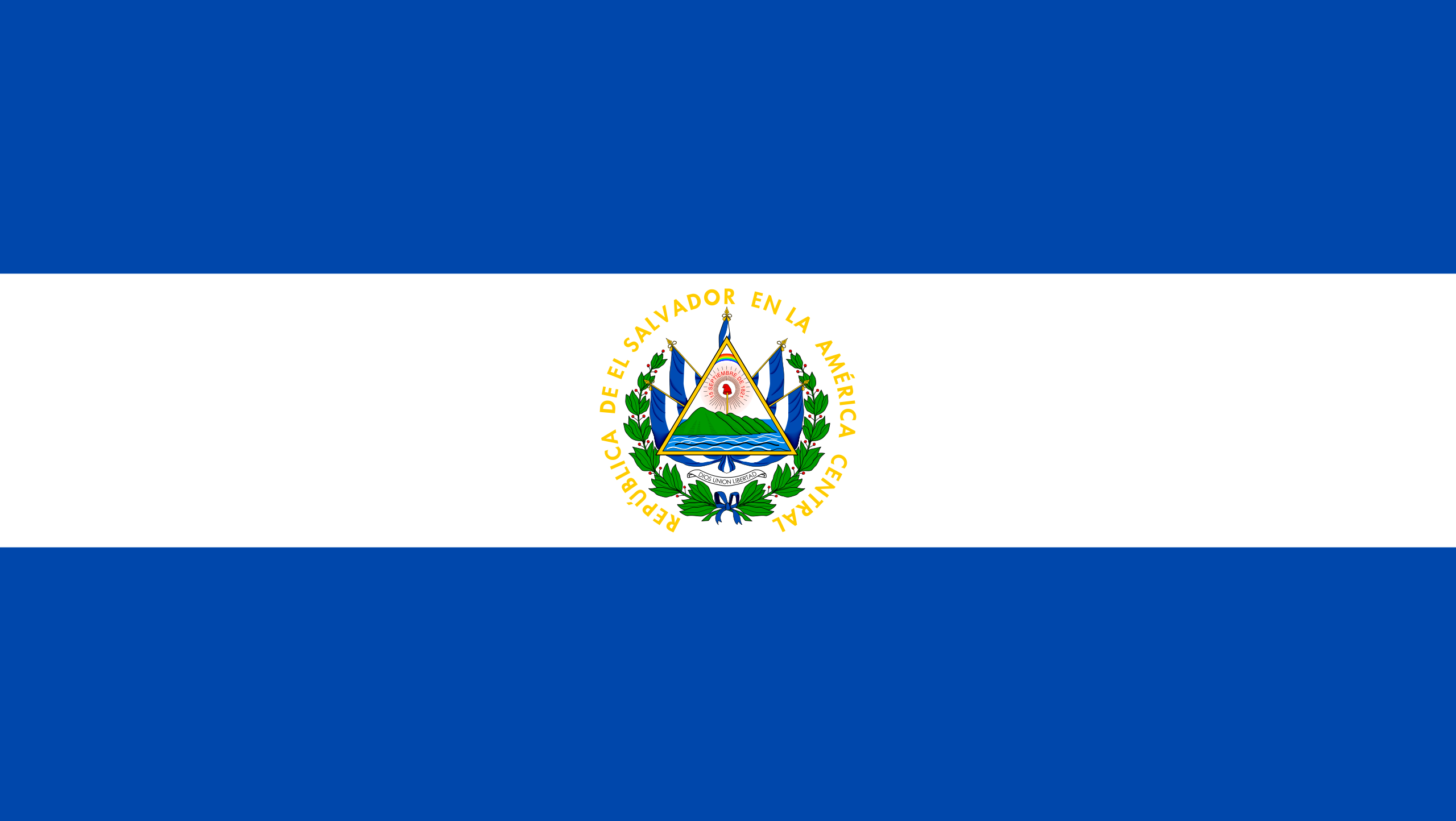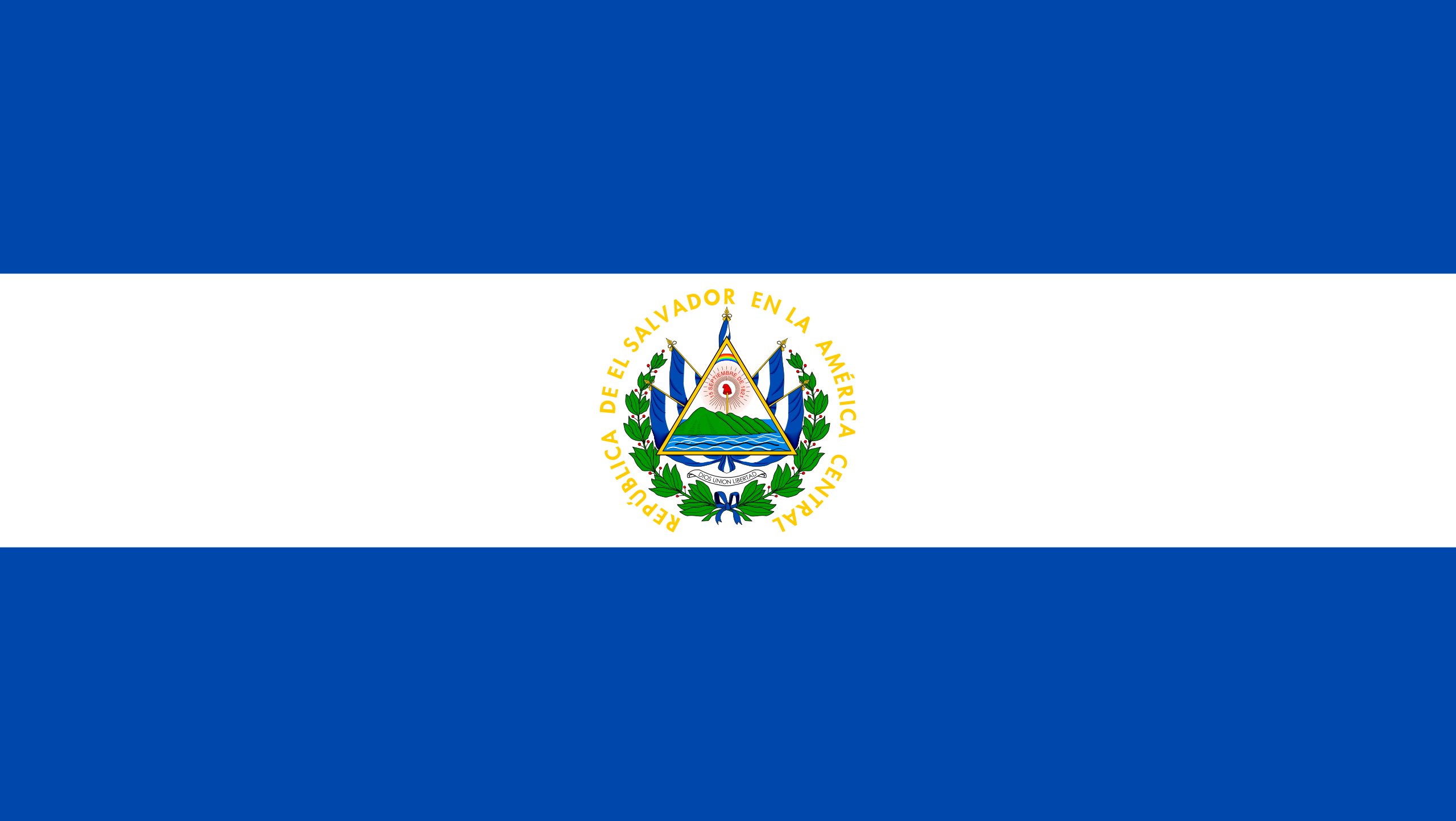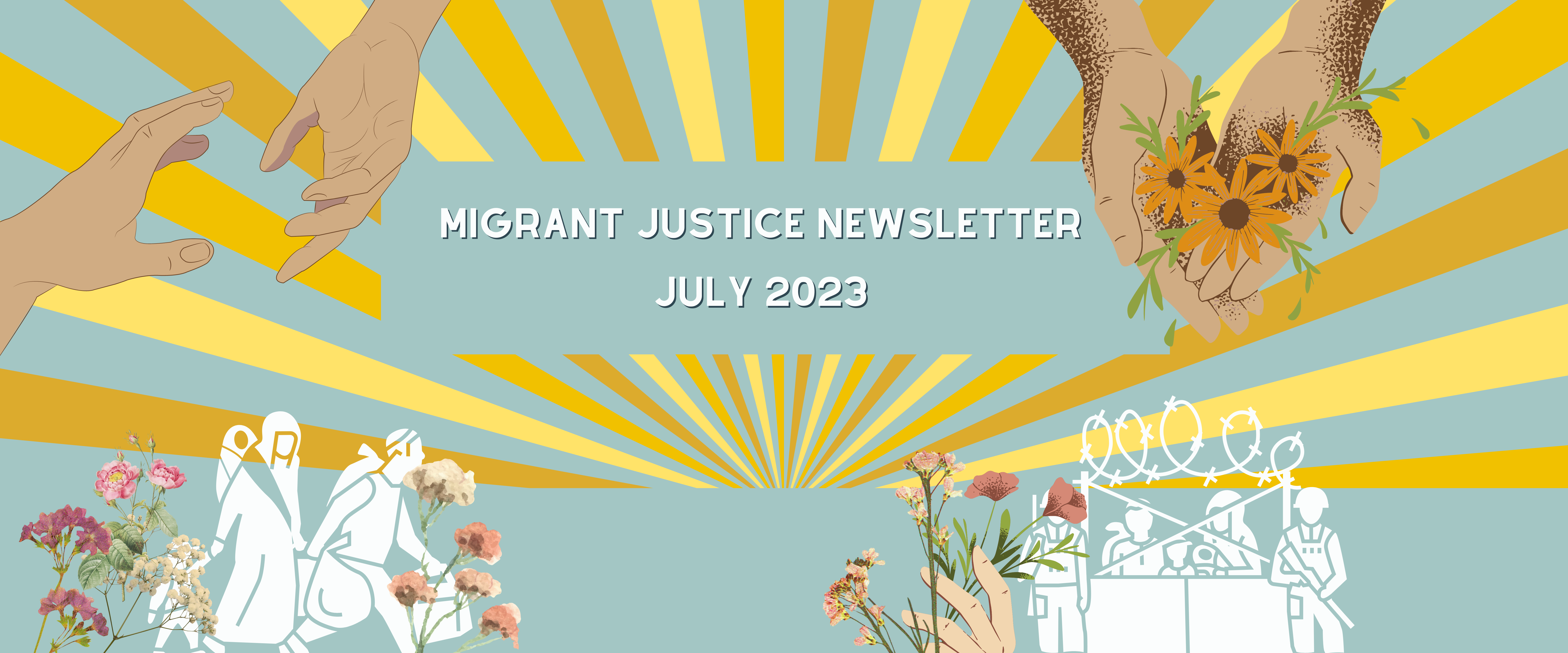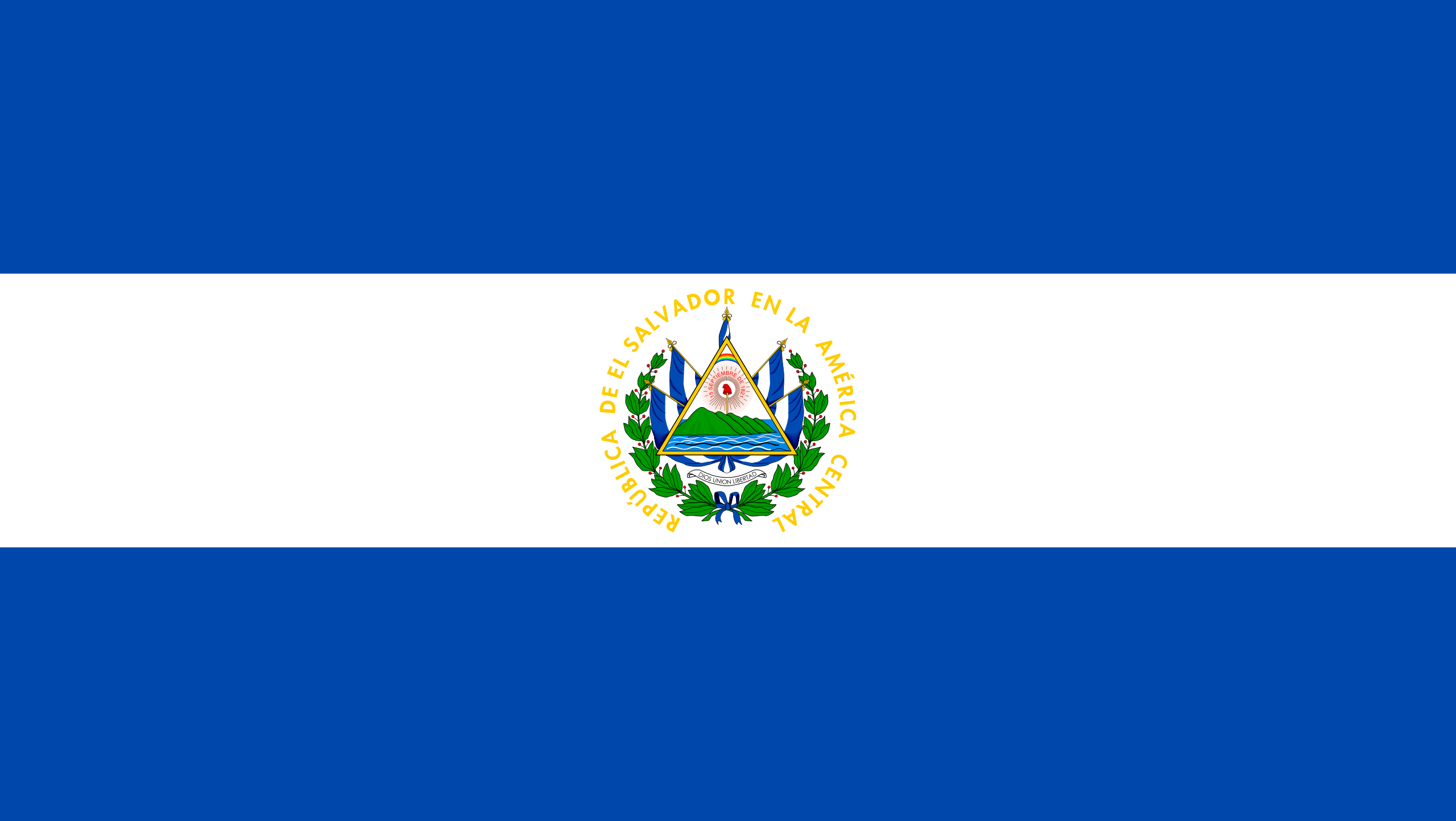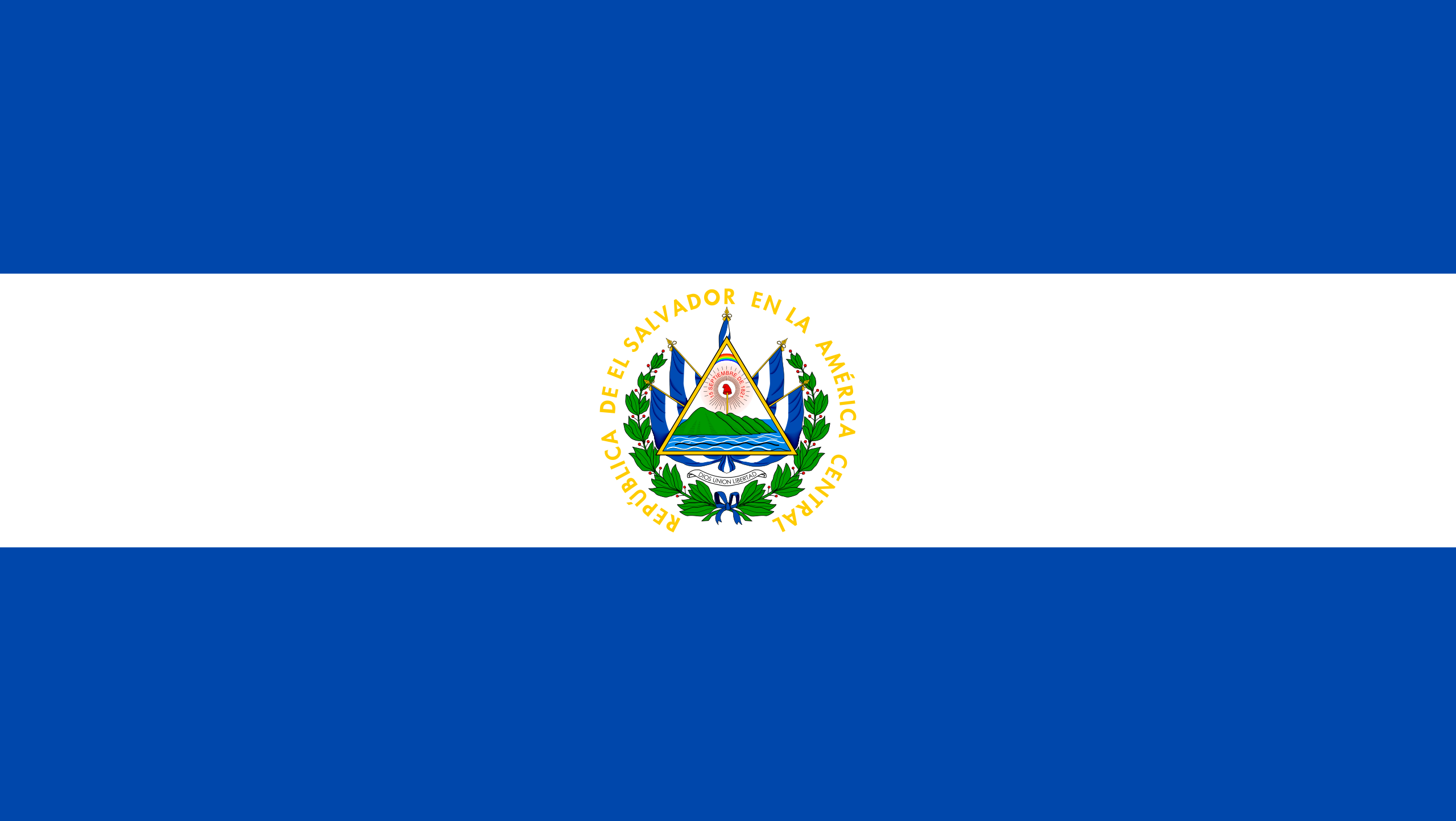On August 23 the campaign to free the Santa Marta and ADES water defenders celebrated a small victory as the judge of the lower court of Sensuntepeque ordered house arrest for the 5 community leaders who had been languishing in jail since January 11, under the horrific conditions of the Salvadoran penitentiary system.
The Water Defenders have been charged with a crime that allegedly occurred in 1989, in the context of the Salvadorean civil war. However, legal experts have pointed out first that the attorney general´s lawyers have failed to provide evidence to warrant their detention, and second, that the National Reconciliation Law of 1992 gave amnesty to FMLN combatants in order to guarantee their transition into civil life. Last June, the legal defense team presented the first application to have the case annulled based on the 1992 National Reconciliation Law, but the application was dismissed on technical grounds. If the second attempt to have the charges dropped fails, then the case will continue its normal course and possibly go to trial after a February 2, 2024, deadline granted to the Attorney General´s lawyers in order to conduct further investigations.
From the beginning, Salvadoran environmental organizations have argued that the detention of the Santa Marta and ADES water defenders had nothing to do with bringing justice to war victims, as the Salvadorean Attorney General claimed, but more as an act of intimidaton to demobilise organized communities of Cabañas. Since 2019, environmentalists have dennounced that the Salvadorean government is slowly taking steps to revert the 2017 mining ban.

